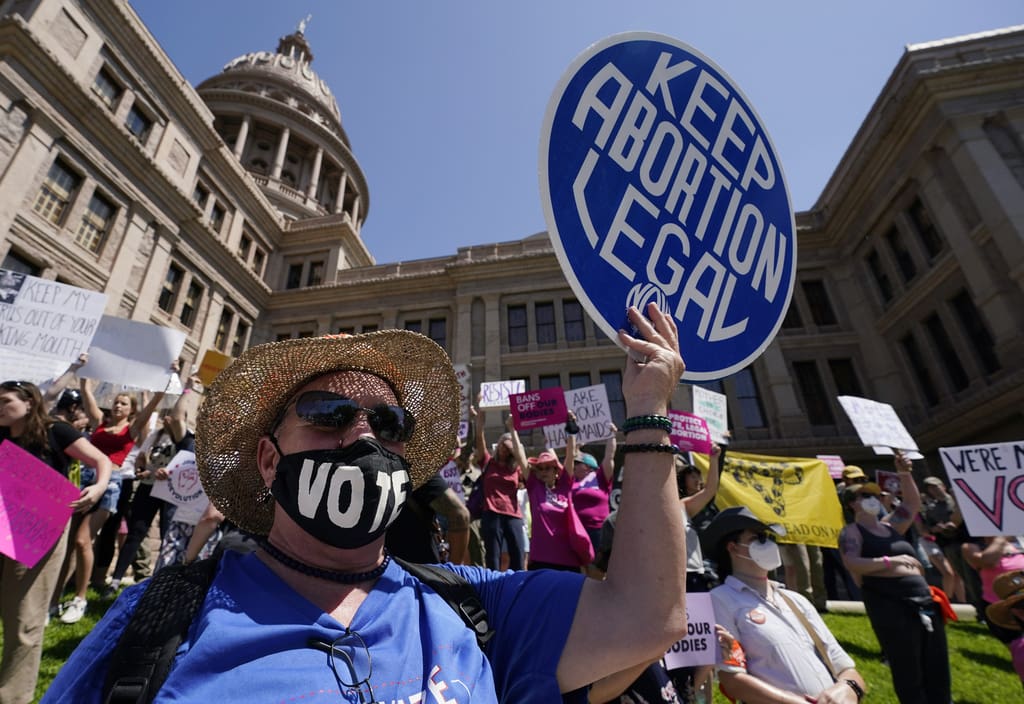States Intensify Efforts to Restrict Abortion Access Amid Public Backlash
In recent months, several Republican-led state legislatures have introduced a slew of bills aimed at further restricting abortion access, even in states where stringent laws are already in place. These moves come in the wake of a pivotal 2022 Supreme Court decision that granted states the authority to set their own abortion regulations.
According to the Guttmacher Institute, an organization that monitors reproductive rights globally, 12 states currently enforce total abortion bans, while seven others impose severe restrictions on the procedure.
West Virginia is among those with a total abortion ban, allowing exceptions only in cases of rape or incest—up to eight weeks for adults and 14 for minors. However, a new bill proposed by Del. Lisa White seeks to abolish these exceptions entirely, backed by 10 Republican cosponsors.
“The introduction of HB 2712 is a clear indication that cruelty is not only the point of these continued attacks on abortion care, but the priority,” expressed Emily Womeldorff, director of policy and campaign for Planned Parenthood South Atlantic.
Similarly, a bill in the South Carolina House aims to eliminate exceptions for rape and incest and remove the judicial bypass option for minors lacking parental consent. South Carolina’s current law restricts most abortions after six weeks, with exceptions up to 12 weeks for rape or incest cases. The feasibility of proving such claims in a restricted timeframe remains uncertain in both states.
The legislative efforts extend to criminalizing abortion-inducing medications like mifepristone. States such as Indiana, Missouri, Oklahoma, Tennessee, and Texas propose reclassifying these drugs as controlled substances, making their possession or distribution a criminal offense. Louisiana has already enacted similar legislation.
While controlled substances can still be used in medical contexts, the reclassification affects how these drugs are stored, complicating access during emergencies. Dr. Jennifer Avegno, director of the New Orleans Health Department, highlighted concerns to NBC News, stating, “Even if that adds a few minutes—which it will—in the setting of a life-threatening hemorrhage, minutes are really important.”
Wyoming faces potential unintended consequences with a broadly worded bill that could inadvertently ban medical treatments like chemotherapy or heart surgery, due to its stipulations against any fetal harm.
Efforts to counteract these legislative measures include ballot initiatives to safeguard abortion rights. In November 2024, seven states voted to amend their constitutions to protect these rights, yet Republican lawmakers continue to contest these outcomes.
Despite nearly 60% of Montana voters supporting an abortion rights initiative, lawmakers are advancing House Bill 609, threatening up to 40 years imprisonment for “trafficking a fetus” across state lines for an abortion.
In Arizona, where 61% of voters endorsed abortion rights, Rep. Rachel Keshel has introduced legislation to potentially override that result. Missouri, with a 51% approval rate for abortion rights, sees proposals for an online database to connect expectant mothers with adoptive parents, described by Republicans as “eHarmony for babies.”
As legislative elections approach in 2026, polling indicates that Republicans are increasingly out of sync with public opinion. A Pew Research survey from May 2024 found that 63% of voters support legal abortion in most cases, while only 36% favor additional restrictions.
Abortion rights are expected to be a significant issue in upcoming elections, with the Democratic Legislative Campaign Committee emphasizing the stakes. “Republicans are pushing the boundaries of their extremism in state legislatures, launching increasing attacks on women,” stated DLCC President Heather Williams. “The GOP’s abortion legislation is downright cruel toward women seeking reproductive care who deserve compassionate leadership and affordable and accessible health care.”






